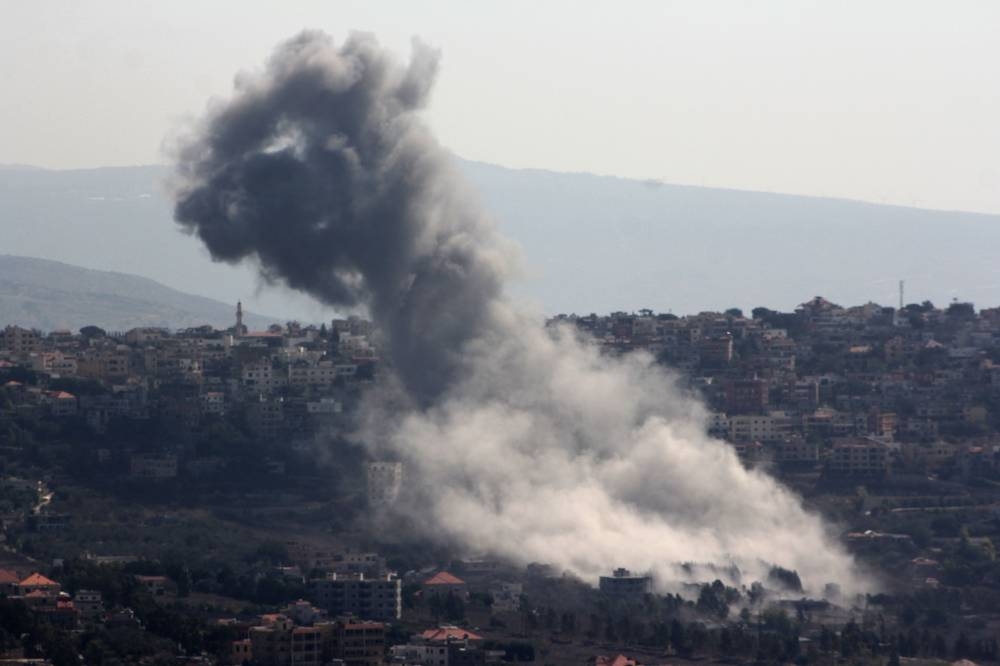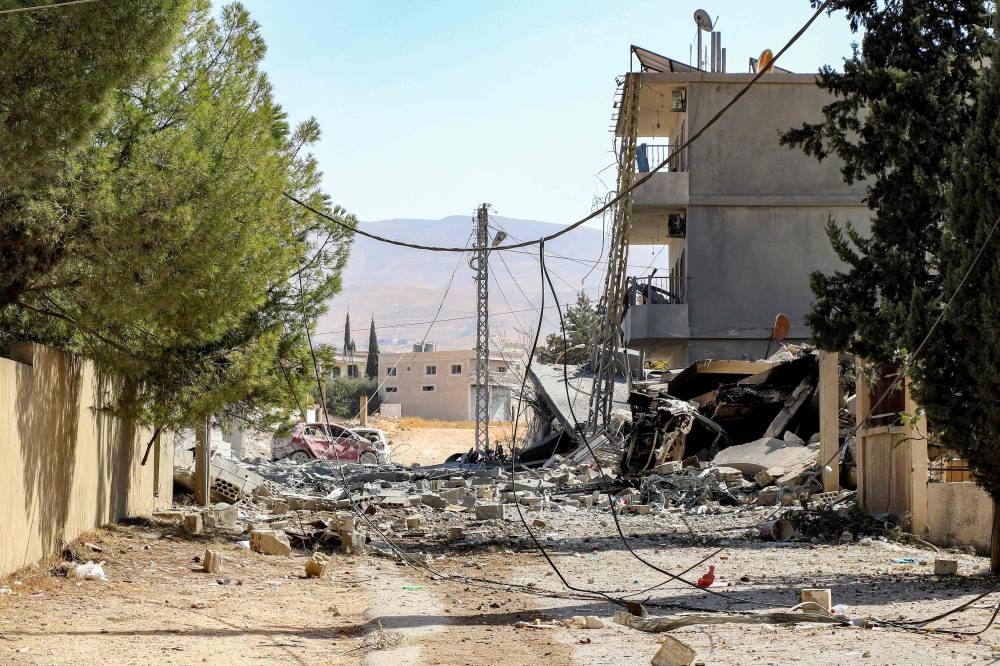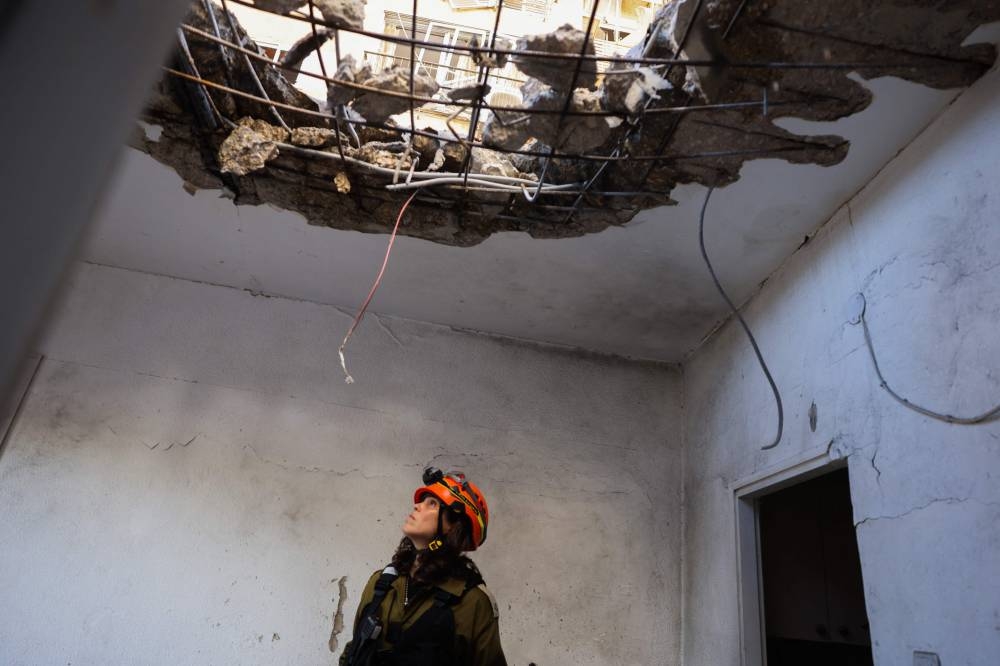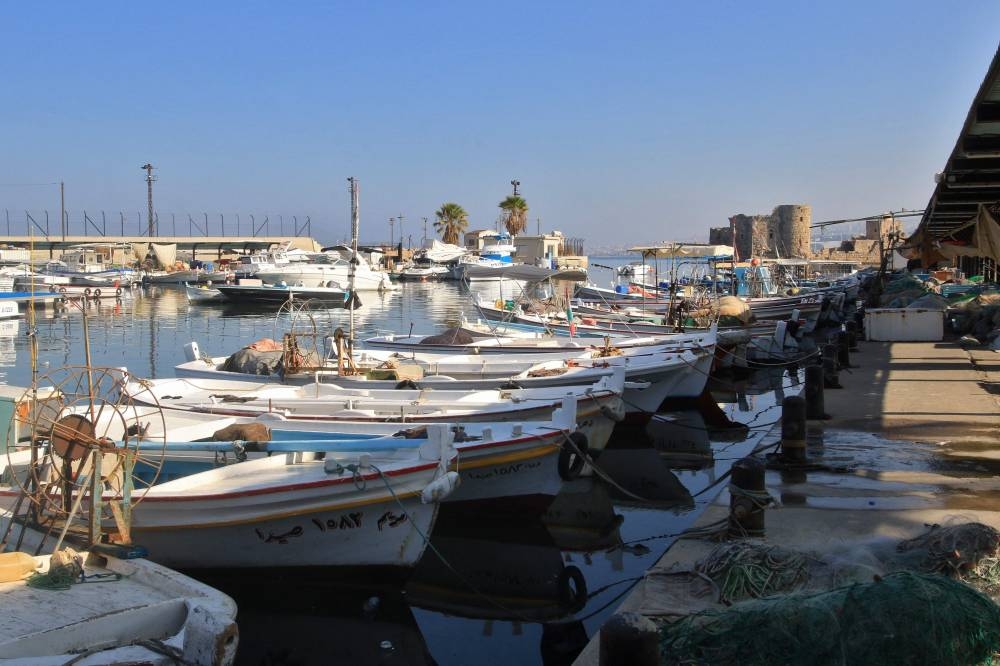Israel ramped up its ground offensive against Hezbollah along the southern section of the Lebanese coast on Tuesday, deploying more troops and urging civilians near the Mediterranean to evacuate.
The Hezbollah group said it fired rockets at the Israeli port city of Haifa, after the Israeli military reported 85 projectiles crossing from Lebanon.
Israel expanded operations in Lebanon nearly a year after Hezbollah began exchanging fire in support of its ally, Hamas, following the Palestinian group's deadly attack on Israel on October 7, 2023.
Both Hamas and Hezbollah have pledged no let-up against Israel, and on Tuesday Hezbollah's deputy lader Naim Qassem said the group would make it impossible for Israelis to return to the north.
Israel launched a wave of strikes against Hezbollah strongholds in Lebanon on September 23, leaving at least 1,110 people dead since then and forcing more than a million people to flee.
Israeli attacks have mainly targeted Hezbollah strongholds in southern and eastern Lebanon, as well as south Beirut.
While the coast has not been spared, Israel's latest evacuation warning suggests it is extending its offensive northwards.
On its Telegram channel, the Israeli military said its 146th Division began "limited, localised, targeted operational activities" against Hezbollah targets and infrastructure in southwestern Lebanon.
A day earlier, the military had warned people to stay away from the the southern part of Lebanon's Mediterranean coast, with a spokesman saying Israel would "soon operate in the maritime area against Hezbollah's terrorist activities" south of the Al-Awali river.
In Sidon, fishermen stayed ashore and the seafood market was unusually quiet.
"Fishing was the way we supported our children. If we don't go out to sea, we won't be able to feed ourselves," said fisherman Issam Haboush.
The Israeli military said it hit Hezbollah's south Beirut bastion, where a strike last month killed the militant group's leader Hassan Nasrallah.
Hezbollah later said it repelled Israeli troops who "infiltrated from behind" a UN peacekeepers' position in the southern border village of Labboune.
Hezbollah's deputy leader said despite Israel's "painful" strikes, the group's leadership structure was in order and its military capabilities were "fine".
"Netanyahu says he wants to bring back" the displaced to their homes in northern Israel, Qassem said.
But "we say that many more residents will be forced to flee" their homes, he warned.
Israeli Defence Minister Yoav Gallant later said Hezbollah "is a battered and broken organisation, without significant command and fire capabilities, with a disintegrated leadership following the elimination of Hassan Nasrallah".
The expansion in the fighting came a day after Israelis and people around the world marked the first anniversary of Hamas's October 7 attack on Israel.
For families of the bereaved, as well as relatives of 251 people taken hostage into Gaza, the pain was especially acute.
Of the total number, 97 hostages are still being held, including 34 the Israeli military says are dead.

Smoke rises from the site of an Israeli airstrike that targeted the southern Lebanese village of Khiam on Tuesday. AFP

A collapsed building destroyed by an Israeli air strike is pictured in Lebanon's eastern city of Baalbek in the Bekaa Valley on Tuesday. AFP

A member of Israeli emergency services inspects a damaged building which was hit with a rocket launched from Lebanon, in Kiryat Yam near Israel's northern city of Haifa on Tuesday. AFP

Fishing boats docked at the harbour in the southern Lebanese city of Sidon on Tuesday. AFP
